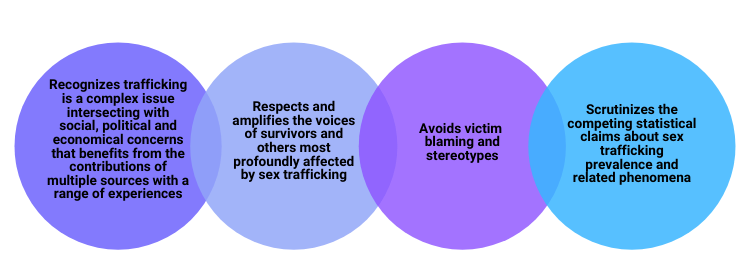About the Project
Sex trafficking implicates our field in multiple ways: Media technologies allow advertising of the illegal sex trade and provide platforms on which traffickers ensnare and exploit their victims. Popular media glamorize life in industrialized nations in a way that contributes to an environment conducive to trafficking, and entertainment media are to blame for sensationalizing and misrepresenting the issue (“Taken”? Don’t get us started).
However, the media also play a significant role in helping to raise awareness about the true nature and impact of sex trafficking on individuals, groups and communities.
The Irina Project (TIP) supports journalists and other storytellers in their coverage of trafficking by providing them with resources and recommendations to broaden and strengthen reporting on this complex issue.
Our research and training emphasize writing and reporting that adheres to the following four values:

TIP was founded by journalists-turned-scholars who study the role and impact of media representations of sex trafficking and intersecting forms of violence. The research we do—among the first to systematically examine news coverage of sex trafficking—identified persistent challenges for journalists reporting about the issue. It continues to inform our engagement with journalism communities, survivor groups, anti-violence organizations and other stakeholders. This engagement has led to TIP resources to assist with reporting on the issue of trafficking: for example, tip sheets and blog essays that explore current and evergreen topics and that encourage thinking about sex trafficking as an issue of coverage that goes beyond the essential who, what, where and when to explain the complicated, but necessary, ‘why’ and ‘how.’
These resources can also be helpful to anti-trafficking organizations that communicate with and through the media. In addition, TIP is available to provide training for that important part of your work.
Importantly, we believe survivors are central to the production of knowledge about trafficking, yet we respect their choice whether and how to work with journalists. Survivors are more than their experiences with trafficking; many have become policy and prevention experts, for example. We encourage journalists to consult trafficking survivors not as objects of coverage, but as collaborators and subject experts across a range of issues.
